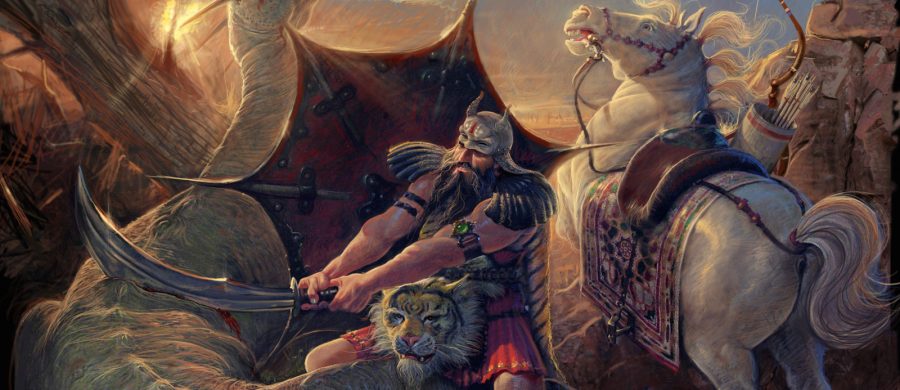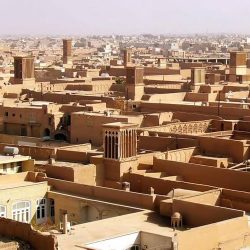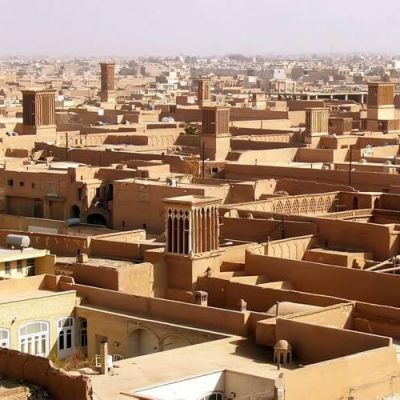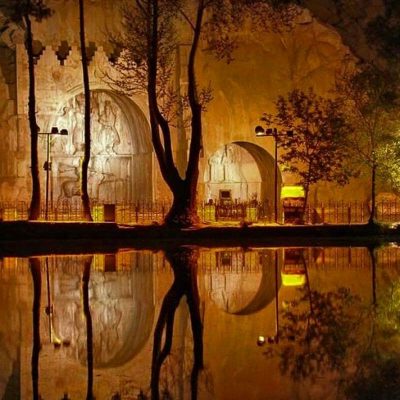Looking at the different cultures, it can be understood that there are a variety of stories and rituals with great similarities. Despite being inspired by local components, these stories have so many common features that sometimes it seems that nations who never met each other developed and passed on these stories all together and in consultation.
An instance can be Homer’s Iliad and the Odyssey in the West and Shahnameh in Iran. Iliad’s greatest hero is Achilles. He is stuck between two choices of short life with dignity and long life with terrible reputation. This dilemma constitutes the main theme of the epic story of the West. Protagonists such as Alexander and Caesar were faced the same dilemma, surrounding which several stories were woven.
In Shahnameh, Rostam the protagonist is looking for fame. He faces the dilemma of fame and long life throughout his fight against Esfandiar and Sohrab.
In the Iliad and the Odyssey, protagonists sometimes choose terrible reputation, but manliness and magnanimity overpowers the sense of greed in Shahnameh where Rostam always clings to human nature and moral behavior.
The two stories revolve around war. It is the war over abduction of Helen in the Trojan War. However, Helen never resisted the abduction for some personal reasons. The war between Iran and Turan in Shahnameh as an equivalent to the Trojan War revolved around the killing of Siavash, an innocent Iranian prince. The retaliation for Siavash is regarded by Iranians as a religious and moral act.
It would be a little naive to consider these two great Eastern and Western epic stories merely entertaining for leisure time. The East and West seek many of their concerns and values in these stories.
In the Greek world, Gods have quite human attributes. They are gripped by greed and envy as much as people on earth. This human quality of Gods leads the western societies to deem themselves equivalent to Gods, thus less frequently engaging in sacred practices pursued by the eastern societies.
In such society, democracy, competition and rivalry to become supernatural or divine is prevalent, because God is a manifestation of the material and spiritual at the same time viewed by humans, dialogue and open debate and criticism (because the divinity is not so majestic that can send down a final judgment, leaving the people with random efforts of trial and error), earning money at any cost (because the afterlife or Hades has a complex and opaque structure, leaving the humans to quest everything they wish in the mundane world).
Exalted values is all what the heroes of the Iliad and the Odyssey as an example of Western people are searching for. Examples of these values can be found in Shahnameh, which is a monotheistic universe with unified divine values. It is a world where there is only one prevalent revelation and all elements of the story strive to achieve the transcendent essence of God and every being deviated from this path will have an evil, hated reputation.
Dadar in Shahnameh in one of the titles of God, implying that god give all goodness. Everything God grants is good and right, even there are subsequent unpleasant events. While seeking freedom, Shahnameh heroes always strive to keep on the road shown by dadar, deeming the good and evil of the days as a part of their destiny.
Besides these two great epics, there are rites such as rain prayer and rituals at the end of winter commonly performed among the Western people and Iranians. In Italy and France, there is a ceremony held each year known as burial carnival. In this ceremony, a huge crowd of people gather in the street and ask the grave-diggers to bury the body of carnival. Each holding a horn, the gravediggers carry the carnival body decorated with colorful costumes, giving good tides of its burial. People habitually perform this ceremony each year, but have forgotten they are burying winter with all its chilling weather and infertility, welcoming the spring and fertility of the Earth. A similar ceremony is held in the north of Iran known as Kusehbarneshin. People put a beardless man on a horse and took out of the village. In this way, they dispelled winter from the city with certain motto and special events, heading toward to spring and freshness. Except in the north of Iran, this trend is widely popular in Khorasan, Sarvestan and Darab. Even the stories of Uncle Nowruz and Granny Cold are intertwined with carnival and its funeral.









Post Discussion